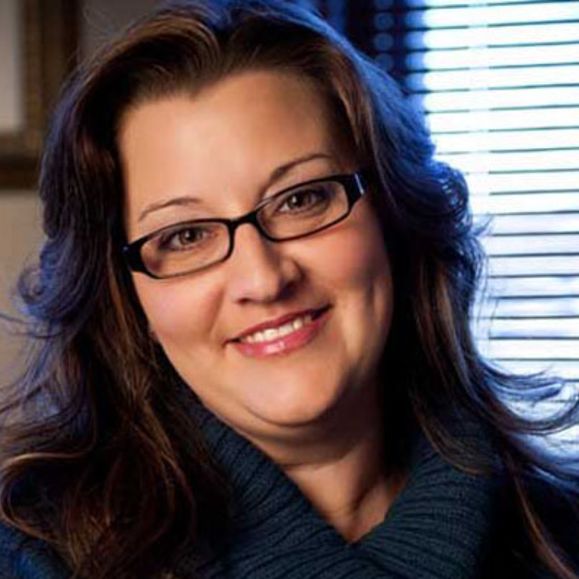Recovery can take many forms. The right path depends on your history, symptoms, preferences, and goals. Common treatment options include:
Individual Counseling
Working with a drinking therapist provides a personalized, confidential space to:
- Explore the root causes of alcohol use
- Develop healthier coping strategies
- Set realistic goals
- Address trauma, depression, or anxiety
Cognitive Behavioral Therapy (CBT)
CBT for alcohol addiction is highly effective. It focuses on:
- Identifying thought patterns that trigger drinking
- Building alternative responses
- Practicing problem-solving and emotion regulation
- Tracking progress and setbacks
Group Therapy
Provides support, accountability, and shared experiences. Group therapy often complements individual counseling.
12-Step Programs
Organizations like Alcoholics Anonymous (AA) offer community-based recovery grounded in mutual support, structured steps, and spirituality. AA isn’t for everyone, but many find it life-saving.
Medication-Assisted Treatment (MAT)
Combines medication with therapy (see more below).
Inpatient or Residential Rehab
Intensive, structured care in a 24/7 setting. Ideal for severe AUD, medical detox needs, or co-occurring disorders.
Outpatient Programs
Flexible programs that provide therapy, education, and medical support while allowing you to live at home.
A licensed alcohol therapist can help you choose the right level of care.













